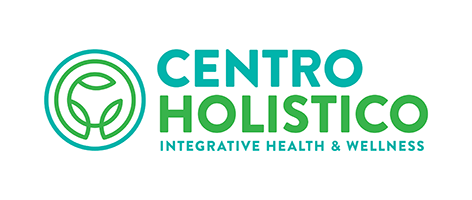Two of the most rapidly growing forms of medical attention include functional and integrative medicine, which aim to address your physical, emotional and mental needs. And hey, these two specialties are exactly what we focus on at Centro Holistico! So how can you tell each one apart?
While functional medicine focuses on creating individualized therapies tailored to treat underlying causes of illness, integrative medicine seeks to understand the individual as a whole and applies many forms of therapy to improve wellness. Both functional and integrative medicine are similar in nature, but they also have differences that can help you on your journey towards healthier living.
The Functional Medicine Approach
One of the more popular approaches to improving health in the 21st century involves functional medicine, which focuses on underlying causes of illness that are influenced by genetic predispositions and the environment in which one lives in. Functional medicine typically utilizes individualized therapies to identify what exactly is causing your problem and can sometimes implement special testing to assess whether imbalances developed prior to the disease or were a result of treating chronic illness. The functional medicine approach centers around the idea that one condition can have many causes or conversely, that one cause can have many conditions.
For example, you could be suffering from one condition, like depression, that may be caused by a Vitamin D deficiency, low thyroid and antibiotic use, or you could be experiencing depression, heart disease, arthritis and diabetes that all stem from some form of inflammation.
How Integrative Medicine Differs
On the same hand as functional medicine, integrative medicine functions in a similar, albeit different, way as it seeks to evaluate the patient as a whole and not just as a disease. Integrative medicine views the patient as a combination of mental, emotional, physical and spiritual needs that are interdependent on each other and affect the entire well-being of the person. Since there are so many different parts to address, integrative medicine physicians often use a combination of multiple therapies such as acupuncture, massage therapy, chiropractic care, behavioral therapy, homeopathy and energy work to provide thorough treatment in all areas. Some of the principles of integrative medicine include:
- The patient and practitioner are equal partners in the healing process
- Natural and less invasive interventions are preferred
- All factors that affect one’s health are considered, including mind, body, spirit and community
- Treatment is tailored to the individual’s unique needs, condition and circumstances
- All healing sciences are implemented to encourage the body’s natural, innate healing responses
A good way to describe integrative medicine is taking the traditional approach to health and combining it with less conventional therapies. Natural therapies are preferred over traditional methods – like Traditional Chinese Medicine – but traditional treatments are still implemented when natural options have been exhausted or aren’t working. Integrative medicine also encourages healthy behaviors and skills that will be necessary for the patient as they follow through with the self-care techniques needed to remain disease-free for the rest of their lives.
Improve Your Health With Our Help
At Centro Holistico, all our doctors are either General Practitioners and Internists who have also taken up Functional Medicine and integrated Traditional Chinese Medicine practices when diagnosing a patient and incorporating treatments such as acupuncture and ventosa. We also work with your conventional doctor and offer complementary practices to assist you on your healing journey. So whether you’ve been dealing with a physical, mental or emotional problem, we are here to provide you with services and treatments that help you physically, mentally, and spiritually, because healing is holistic.

